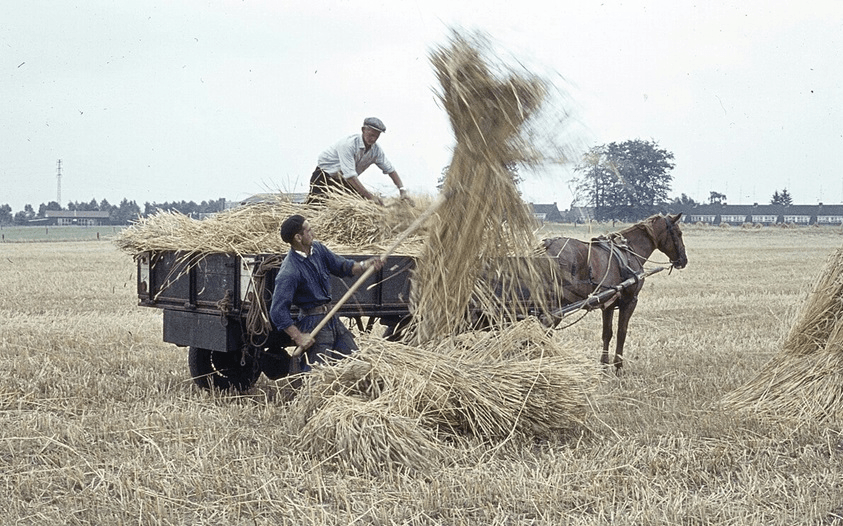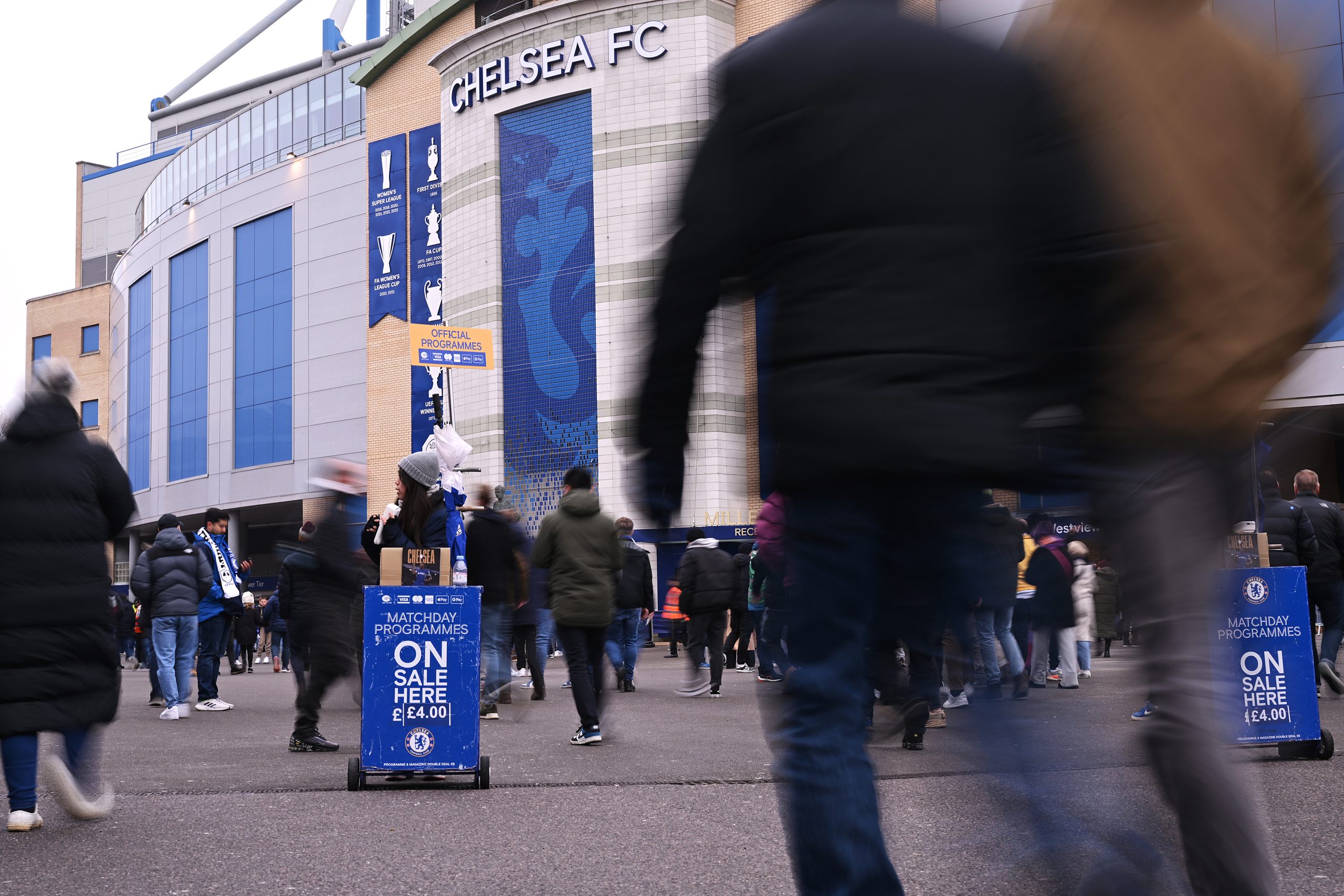The World Health Organization declared monkeypox a global health emergency on Saturday as cases continue to rise, including two infections found in children.
While news of children contracting the disease is frightening to parents, experts believe the chances of an outbreak among children are unlikely.
“The likelihood of a child getting infected was very low, but there’s no reason why (monkeypox) couldn’t infect children,” Dr. Yvonne Maldonado of Stanford Children’s Health told CBS Bay Area.
Until recently, monkeypox appeared to mainly affect a specific group of the population. “If you look at the epidemiology, it’s heavily weighted at this time, though not exclusively to men who have sex with other men,” said Dr. Anthony Fauci, the president’s chief medical adviser, previously noted.
One of the ways a person could catch monkeypox is by having extended contact with an infected person, such as skin-to-skin contact.
“I think people need to be very careful about their contact with people who’ve been at high risk for exposure,” Maldonado warned.
While some adults have been lining up to get the monkeypox vaccine to protect themselves from the disease, children don’t have the same option.
“The studies for this vaccine was really done in adults, so we don’t have a lot of data in children, and we need to generate more data there, so we know what to do for kids,” Dr. Maldonado explained.
For now, concerned parents can watch for signs of a monkeypox infection if their children experience symptoms of rashes, chills, discomfort, fever, and swollen lymph nodes.
Since monkeypox can be spread from animals to humans, parents should prevent their children from having contact with rodents, monkeys, and sick animals.
Children should also wash their hands with soap and water, use alcohol-based sanitizers, and avoid infected individuals.
As of Friday, the CDC reported 2,891 cases of monkeypox in the U.S. and Puerto Rico.
Photo: Reuters / HARUN TULUNAY



















Discussion about this post